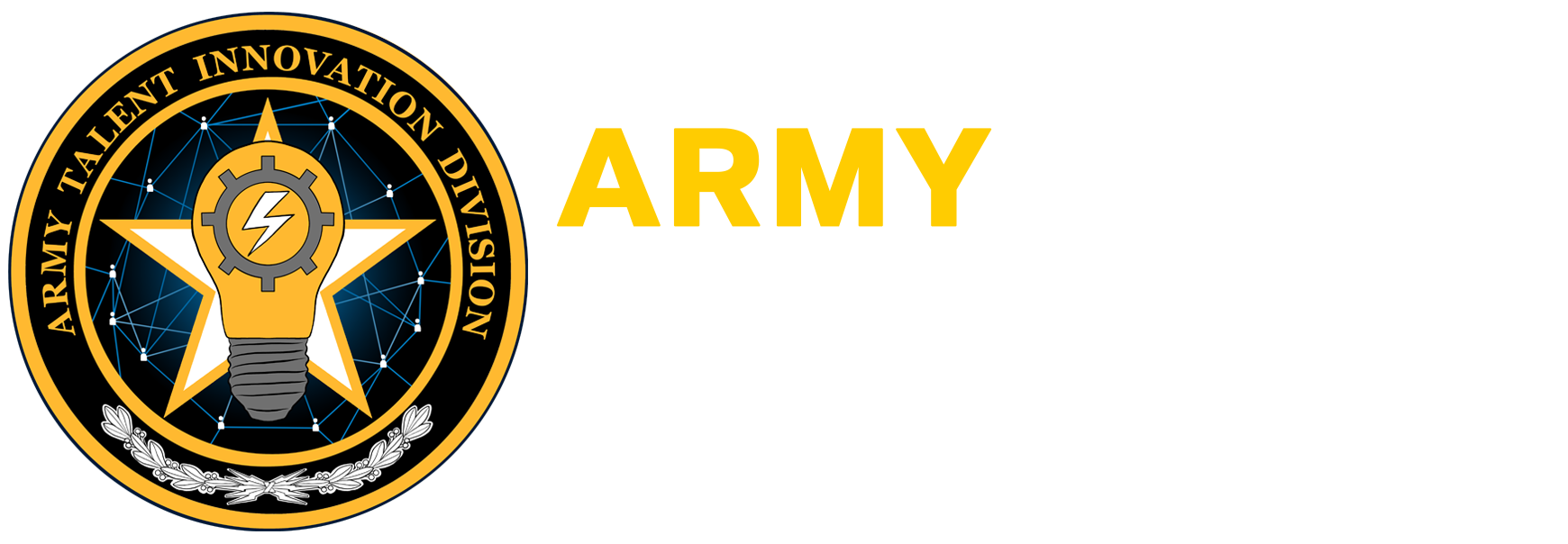by Army Talent Management | May 7, 2015 | Uncategorized
Consider the U.S. commitment to an all-volunteer military, its global engagement in an era of persistent conflict, and evolving changes in its domestic labor market. Taken together, do they suggest the need for a new and comprehensive human capital strategy recognizing the interdependency of accessing, developing, retaining and employing talent? How might building a talent-focused strategy around this four-activity human capital model better posture the Army for success? What are the national security implications of status-quo personnel management?
by Army Talent Management | May 7, 2015 | Uncategorized
What is talent? Who has it? What’s the difference between “competent” and “talented?” Given that the Army currently benchmarks against the former, how does shifting focus towards the latter change things? If the Army embraces “talent,” what role does talent management play?
by Army Talent Management | May 7, 2015 | Uncategorized
Over the years, the Army has needed both specialists and generalists. How does it accommodate both deep and broad talent? What talents should the United States Army seek in its officers? Lastly, the pathway to general officership and command is relatively narrow in the Army’s current officer career model – how does the Army change a culture that defines success narrowly?
by Army Talent Management | May 11, 2015 | Uncategorized
For many years, the Army has focused on retaining the right quantity of officers. How does the Army retain talent instead of simply retaining numbers? How can it retain the right talent across all phases of the 30-year officer career model? Can the Army expand its use...
by Army Talent Management | May 11, 2015 | Uncategorized
Despite success in this area, authorized strength and inventory mismatches, an inverse relationship between responsibility and formal developmental time, and sparse non-operational development opportunities are serious challenges the Army must address in the...
